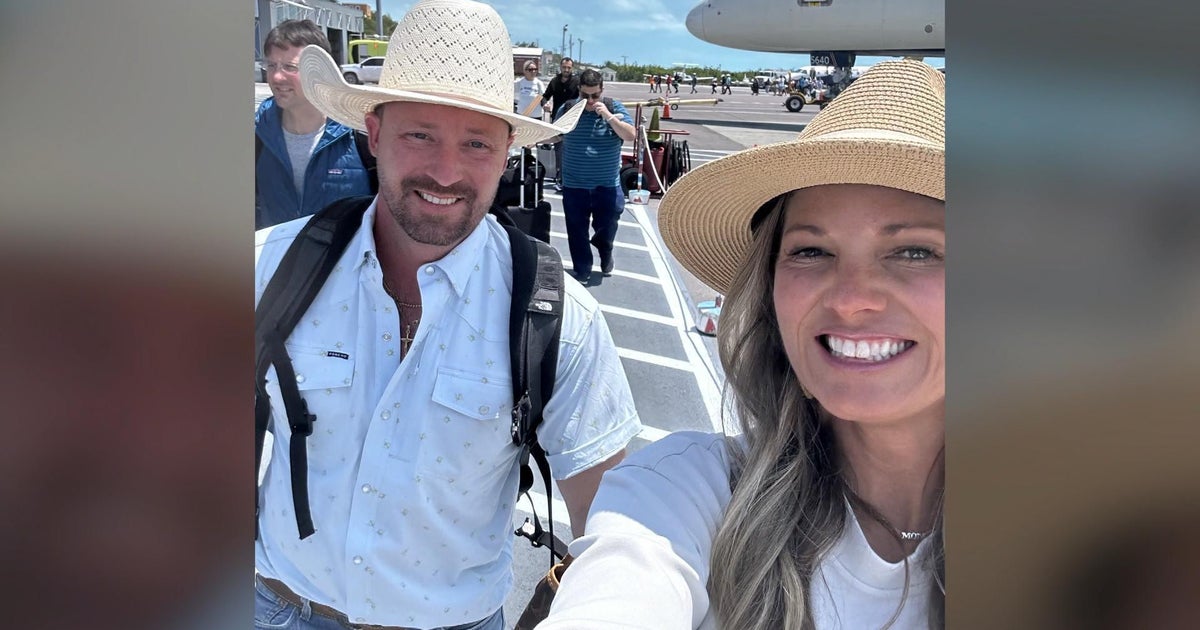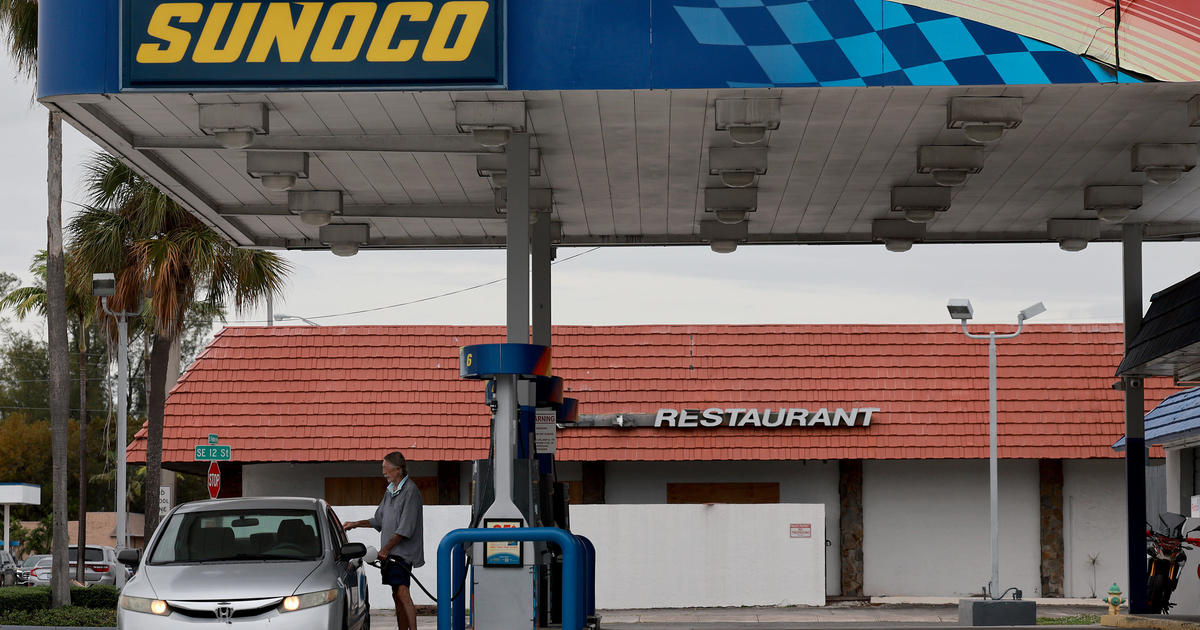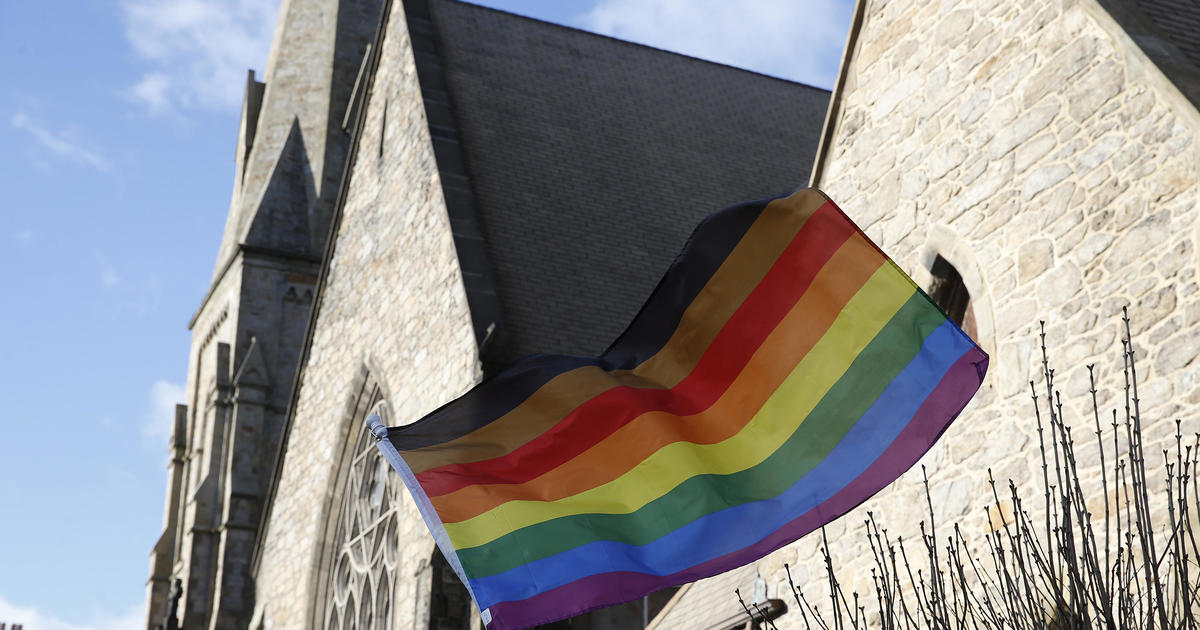How Des Moines business owners are cashing in on the Iowa caucus
Most businesses across Iowa experience a slower period in late January, but every four years they see a spike due to campaign staff, surrogates and reporters pouring in ahead of the Iowa caucuses. Estimates suggest that over $11 million will be spent in Des Moines in the week leading up to what one small business owner called "the dork Olympics."
The number of people flying through Des Moines jumped 7% in December compared to the same month in 2018, and CBS News' Ed O'Keefe learned how seasoned shop owners handle the influx.
"It's hard to determine exactly when the best time to come to Iowa is, but it's not late January, which means the caucus is this enormous surge," said Mike Draper, whose three Raygun t-shirt shops have become a must-stop destinations for Democratic candidates.
He said his January sales will see a 25% spike from the same time last year.
Draper recalled one recent visit from Bernie Sanders. "He got a picture taken with his 'I wrote the damn bill' shirt. He was like, 'You selling t-shirts?' I said, 'Yeah, we're selling kind of a lot of them.' He's like, 'But how many?' I was like, 'Woah, Bernie, you want a percentage now? So much for socialism!'"
Another business that sees a bump from the caucus is Carter Printing, a union-run shop that's been owned by Iowa resident Scott Hoyt's family for four generations. Carter Printing has printed campaign material for Democratic candidates since the 1980s.
This year, the saturated Democratic primary means Hoyt's business is booming.
"It was a pretty good year," he said modestly. "We did a little bit for about 80% of the candidates." Hoyt revealed that the caucus makes up "probably 25 to 30%" of their business, and is a big help in the normally slow wintertime.
Greg Edwards, CEO of the regional Convention and Visitors Bureau, said downtown Des Moines hotels are likely all sold out leading up to caucus day, February 3.
"The last caucus compared to the previous year for that week in hotel occupancy jumped over 13% just for that week. So it's got a huge, huge economic impact," he explained.
Though the impact does feel huge to many residents, Iowa State University economist Dave Swenson said that "it's a really little drop in the bucket."
He had found that major candidates spent over $350 million in the run-up to the caucus in 2008, but only 4% went to Iowa — around $15 million in a state economy of over $130 billion.
Swenson compared the caucuses to hosting the NCAA regional tournament. "If corn and soybean prices go up or down, the value of those kinds of changes dwarf the value of the caucuses."



